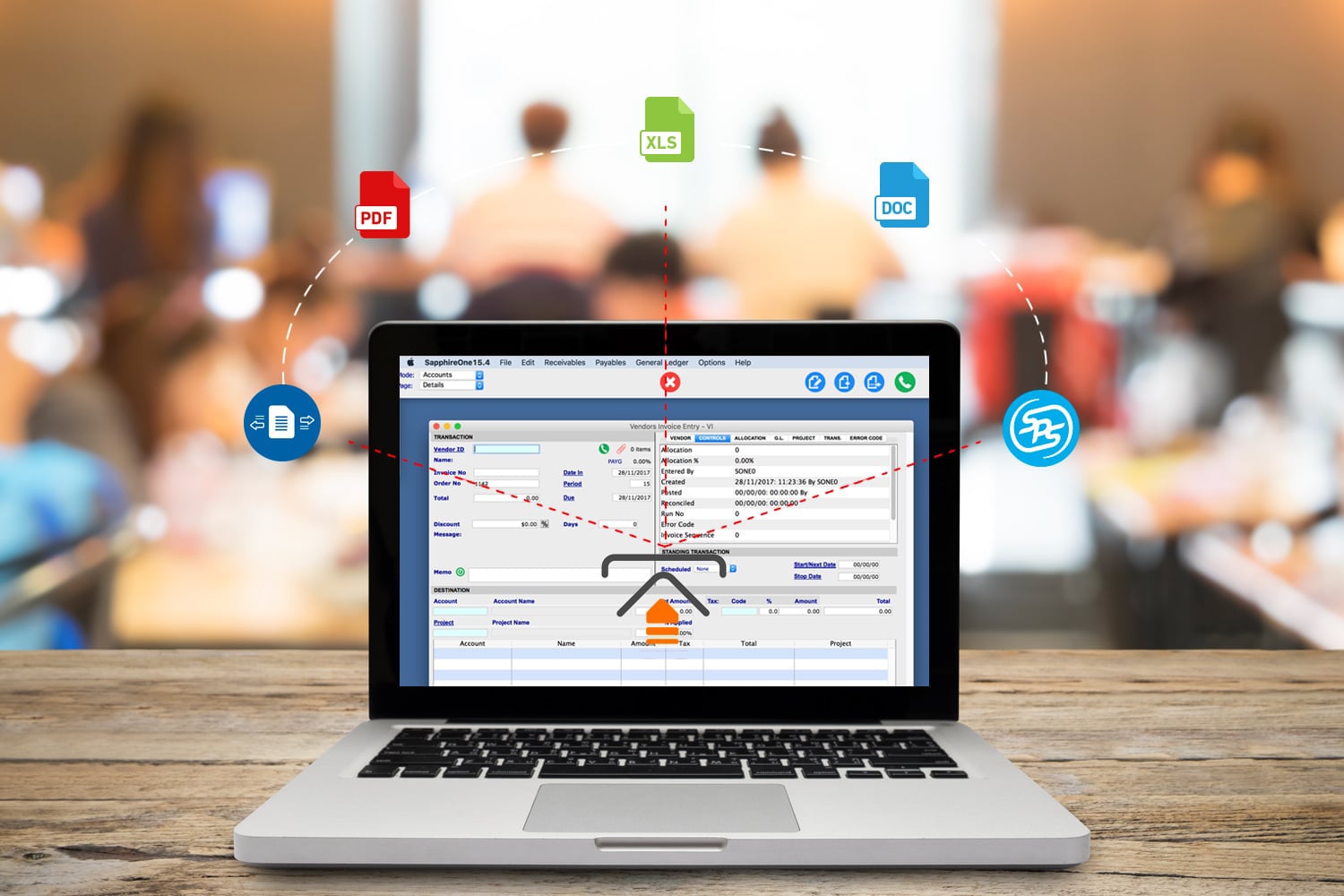Buying and maintaining IT systems, hardware and software, is now the single biggest headache many companies have. In two key areas, pricing and security, software companies are letting customers down.
Software providers should focus on security and then pricing the whole lot in a flexible enough fashion
The last five years has seen an enormous shift in the way we pay for software, and pretty much everything else, and we have seen a global move towards regular subscription across many business sectors. Gone are the days when you buy a product, these days you subscribe. Whether it be software, a movie or a car. You can even subscribe for disposable razors.
What has driven this move to Software as a Service (SaaS)? The biggest influences have been cloud computing and accounting practices, as Zuora, a software provider predicted many years ago.
The emergence of cloud computing means users can rent the software and use it online, rather than installing it locally. The subscription fee is paid annually or monthly. This funds the servers which host the software and in addition the cost of the development and maintenance of the software. Patches and updates can be applied in the background with no user interaction.
The other factor driving the switch to the Subscription Economy is the fondness of analysts and accountants for the model. Accountancy firm PWC for example have long been a proponent of SaaS. A subscription charging basis flattens revenue curves for software publishers and provides a transparency and predictability to revenue. Where previously there would have been a spike each time a new updated version is released. Now the curve is flattened. Analysts like this, and businesses usually like to keep analysts and investors happy.
The business software sector has been pricing on a subscription basis for a long time and in the last five years the industry has busied itself consolidating and shifting to cloud services and further entrenching the subscription model.
Larger companies such as the UK’s Sage have acquired smaller concerns in an effort to buy in expertise and users. Sage’s recent acquisition of Intacct being a case in point. 90% of Intacct’s users are subscription based.
Acquisitions and consolidation in the industry are all well and good but these software providers now need to focus on delivering reassurance on security; and then pricing the whole lot in a flexible enough fashion.
More Flexibility on Pricing
A large established organisation is going to prioritise cost over flexibility. They know they aren’t going to need an extra dozen licenses next month. Whereas a company enjoying rapid growth or indeed one that is struggling is going to want the flexibility to purchase or cancel licenses rapidly.
The companies delivering packages for Enterprise Resource Planning (ERP), Accounting and Business Management software are in a unique position of both providing resources to manage and track subscription revenues, and pricing themselves on subscription models too. So they should understand the issues better than most.
We should be able to provide bespoke pricing and get closer to giving the buyer what they want rather than fitting them into our pricing structures, or pressuring them to fit into the SaaS model the industry is in love with. If customers want to purchase outright with no support then so be it. There will be many more wanting to subscribe. There is no one size fits all pricing plan, software companies need to be able to offer a range of options which allow the buyer to tailor the solution to their company.
Many companies will use multiple software providers in different parts of the business, they will pick the software that suits the task. Not all users will need all the services but selecting those which are needed and those which aren’t is a daunting task. In this regard, technology research company Gartner has expressed their idea with Postmodern ERP. Gartner describes it as a hybrid ERP ecosystem consisting of a loose confederation of on-premise software suites augmented with SaaS applications. Many ERP software companies such as SAGE, SAP, MyOB, Netsuite, Microsoft Dynamics, have claimed that they fit Gartner’s definition of Postmodern ERP.
Supply Chain Security Risk
The business software industry should be providing more clarity on security. Hackers have made the jump from disrupting individuals and stealing passwords and emails, to causing real and widespread disruption on a city level. And the route in has been Enterprise Resource Planning software.
It is now well known that the June 2017 Petya malware attach originated in a Ukrainian accounting software company. Initially it was propagated via a software update rolled out to its customers. The industry reacted with the usual platitudes about taking security seriously and the quality of the systems they have in place.
It is surely only a matter of time before software is used to hold specific companies to ransom and obvious way in is through the supply chain software they rely on.
Business software such as ERP is typically sold as a base version with bolt on’s for extra services. Each software program therefore needs to integrate and each needs updating regularly. There is therefore a steady stream of software updates which all present an opportunity for malware to be introduced.
All buyers can do at the moment is trust the software providers. But with what is at stake, potentially their businesses in a worst case scenario, the software companies really should be doing more. Advertising that they recognise the threats and insight into how they deal with the them using secure coding practices, dynamic application testing etc. This should form part of a customers due diligence before purchase and during use. Many companies don’t fully understand that they themselves will be liable if a software problem wrecks their inventories preventing from delivering to clients.
More needs to be done to secure ERP and reassure customers. ERP is a crucial asset to many companies. To date providers have been telling companies what they need, perhaps its time they listened.


